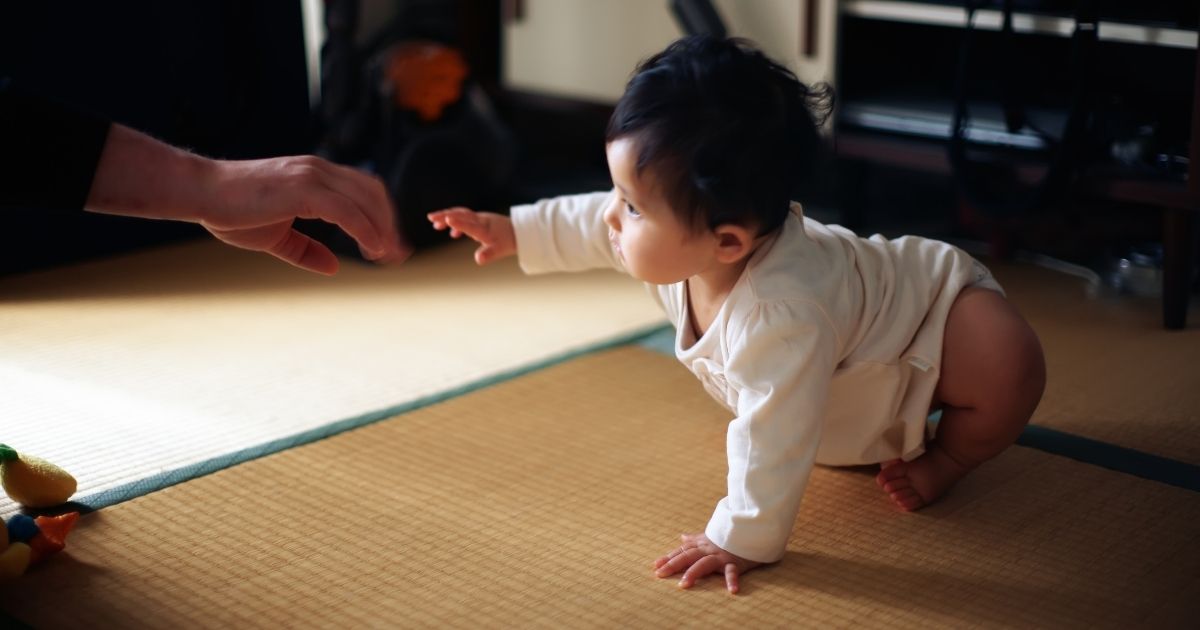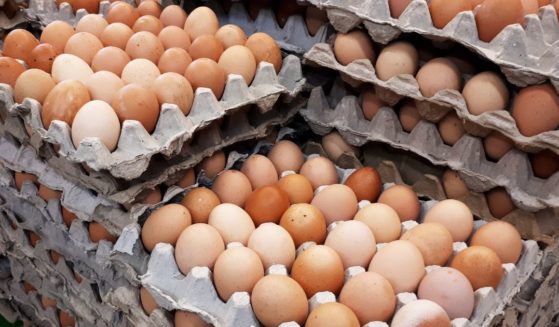
'Blessed': She Was the 'Perfect Case for an Abortion,' But Pro-Life Teen's Story Continues
When most pro-choice people defend their position, they argue that abortion serves as a preventative measure against suffering. They may claim that, without the availability of abortion, women will give birth to unwanted children whose lives will be full of hardship.
But for pro-life people, if suffering can be reduced, then it is best to rely on moral solutions. The possibility that a child may be born into hardship, no matter how bad it may appear, cannot justify abortion.
As high school senior Yulianie Hernandez can attest, the children at the center of these cases are very human, and someone else’s choice does not determine their value.
In an April 20 article for the Lone Conservative, Hernandez wrote that she was “the perfect case for an abortion, yet by the grace of God, I am here.”
Wanted or Unwanted, Children Still Have Value
Born in Costa Rica, Hernandez’s mother was only sixteen when she became pregnant. She was already living in poverty and, to make matters more challenging, Hernandez’s father was not around to help support the child.
“Yet despite my undesirableness, it was decided that I would be given a chance at life,” Hernandez wrote. “I would be put into the adoption system in Costa Rica, where I could only hope that someone would find me.”
“Costa Rica’s foster and adoption system is unfortunate, to say the least. If not for my adoptive family and God’s grace, my life could have been very different,” she added.
“I could have lived under the poor conditions of my nation’s broken system, but would that have been a justification for depriving me of life?”
Speaking with The Western Journal, Hernandez revealed that she was adopted in Costa Rica the first week she was born. When she was only 3 years old, she and her adoptive family moved to the United States.
While she sometimes had to work hard, as she remembers helping her adoptive mom earn money for the family by cleaning bouncy castles, Hernandez still considers herself “blessed.”
“Regardless of being born in a really poor country — in a third world country — you know, I’ve been able to have so many blessings,” Hernandez said. “I’ve been able to now tell my story.”
“And even, you know, I’ve had the opportunity of writing and doing what I’m passionate about … and I just, I can’t imagine taking away that potential from someone else.”
Sharing Her Pro-Life Story with Pro-Choice Classmates
A debate about abortion in Hernandez’s advanced placement government and politics class provided her with the opportunity to share her story. The high schooler articulated her pro-life position, explaining that the circumstances surrounding her birth did not make her less worthy of life than the rest of them.
Many of Yulianie’s pro-choice classmates, however, were not persuaded by her story.
The few people that spoke up dismissed Hernandez’s story as mere “opinion.” But she responded by saying it was much more than that — it was her life, and it was not her birth mother’s right to end it by having an abortion.
“And I believe someone then responded with, ‘Well, it still should have been your birth mother’s right if she wanted it,'” Hernandez said.
As she sat there in class, the high schooler struggled to process what she had just heard.
“I couldn’t understand how you could be so desensitized to someone saying, like, ‘You know, I’m here, I’m living.’”
“My life is worth something, you know, whether you like it or not, and just, you know, say, ‘Well, not really. You know, if your birth mother wanted to, you shouldn’t be here,'” she added.
Every Individual Has a Right to Life
Hernandez cannot help but feel sympathy for young girls like her classmates, who think they have no choice but to defend abortion. She went on to cite the “predatory” abortion industry and its efforts to normalize the procedure as the reason many women believe “they cannot live without the right to an abortion.”
Pro-choice people may believe their argument comes from a place of compassion, but abortion does not resolve the tragic circumstances surrounding a person’s birth. It is also immoral to intentionally deprive innocent people of life, even if it does offer quick relief to a “problem” at hand.
As Hernandez said, despite facing hardships, she never felt as if she did not have the strength to overcome each struggle. Life is a mixture of suffering and joyful experiences, and any time things became hard, Hernandez described feeling certain it did not signify the end of “everything.”
“I think the meaning of life is that every human has an untapped potential,” the student said. “Every single human, no matter your circumstances, has the potential to reach heights that no one else can.”
“You know what your life is. It’s never going to compare to anyone else’s life and whether that person goes on to have that potential, to really grab it and move forward, that’s their choice.”
“If you want to move forward with your life, then you have to take responsibility of your life,” she added.
“And so taking that away from someone is just … It’s degrading what it means to live. It’s a degradation of life itself.”
Truth and Accuracy
We are committed to truth and accuracy in all of our journalism. Read our editorial standards.
Advertise with The Western Journal and reach millions of highly engaged readers, while supporting our work. Advertise Today.












